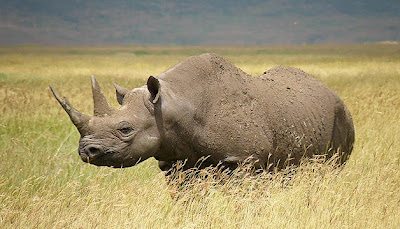Would you like some exciting fresh, um, indie music to brighten up your day? Of course you do! And boy do I have a treat for you - here's Aloosh and their eponymous 2010 debut.
Now, the thing is, it's really tricky to try to pigeonhole Aloosh's sound. It's got nice, catchy melodies but it's not pop. It's got guitars too but it's hardly rock either. Some of the songs even have some electronic elements but... yeah, you get the point. One could simply call it 'indie' but as a matter of fact I've come to kind of hate the word. I mean, what does it even mean anymore? Originally it was used to refer to bands who released music on small, independent record labels with a DIY approach. Low budgets forced these bands to be creative, and they prided themselves on their autonomy and independence from the music industry that was mostly concerned with chart positions and album sales instead of artistic expression, creativity etc.
These days, however, almost anything can be called indie. People call even big (and not necessarily always that 'independent') music acts such as Arcade Fire, Muse and Lana Del Rey 'indie'. Hell, I once saw One Direction of all things being billed as indie! In other words, anything that feels different from the very limited idea of mainstream music is arbitrarily labelled as indie, which used to happen to the term 'alternative' as well (there was a time when all the rock acts seemed to play 'alternative rock', even the chart-topping ones, which does feel a bit contradictory). In essence, the problem is that 'indie' is referred to as if it were a genre of its own, which it obviously isn't. If I told you about a new band and only described it as 'indie', it would be kind of impossible for you to guess how the band actually sounds like - it could be anything from overaged garage rockers living in your neighbourhood to an experimental underground ukulele techno collective from Estonia. Subsequently, the word has suffered an atrocious inflation.











